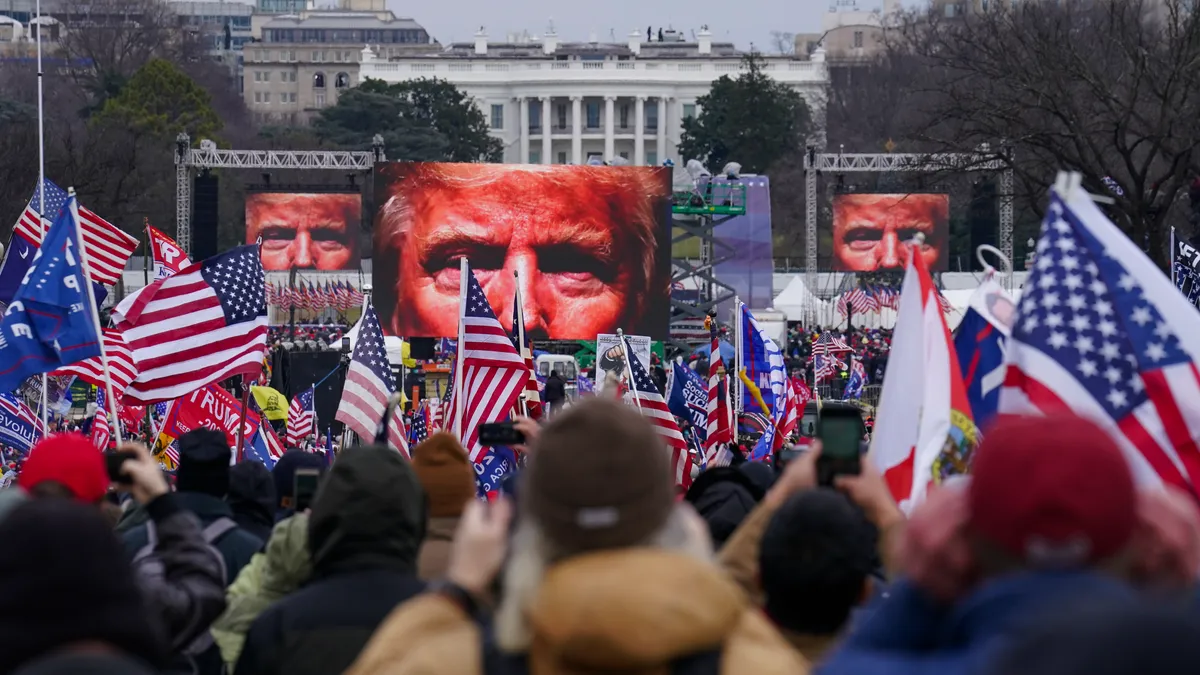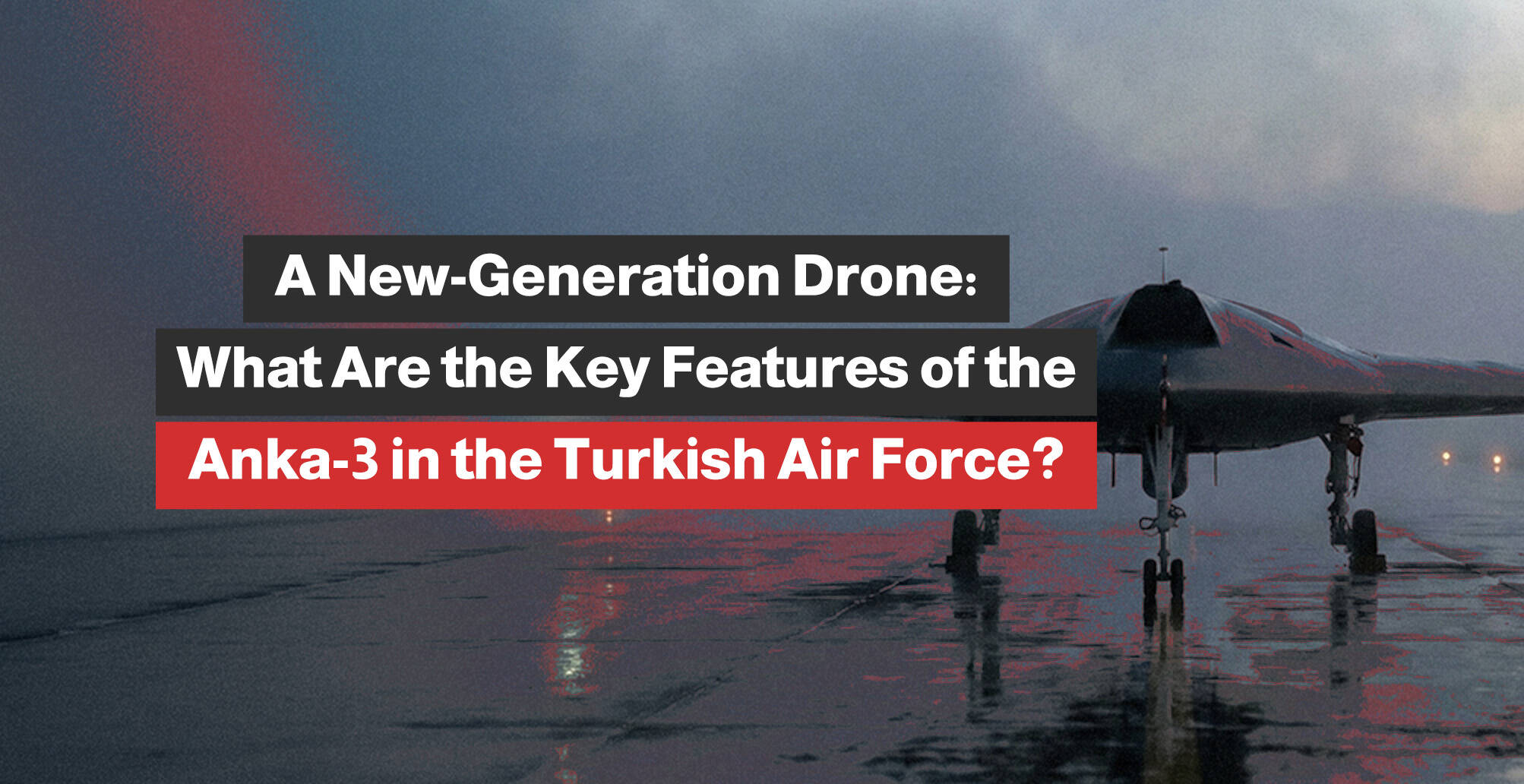Why Do the Tycoons of Silicon Valley Dominate the Major Media Castles?

Billionaire Elon Musk, tech tycoon and the world's richest man, won't be the only one deciding to catch up with many of his fellow Californian titans who, at some point in their lives, turn their vast fortunes into an instrument of political domination by buying up media and social media platforms.
In recent years, media properties have become a target for a number of the world's wealthy, but Elon Musk is undoubtedly the most controversial among them, due to his stances towards freedom of expression on the one hand, and the importance that Twitter has reached as one of the most influential platforms in the political life of democratic regimes around the world, especially the United States, and in the daily lives of tens of millions of people.
The announcement of the acquisition of the popular platform, which is active daily with 211 million users, and whose revenues amounted to about $1.28 billion late last year, caused mixed reactions in the United States and abroad, especially since the process, according to observers, is based on political dimensions and is not just an investment deal.
Investment or Political?
In his statements after his purchase of the Twitter platform, American billionaire Elon Musk made it clear to the public that he acquired the platform for $44 billion to preserve freedom of expression, as it is essential to activating democracy, as he put it.
But the world's richest man's purchase of a platform that is one of the most important platforms on social media, and the one that has the most influence on public opinion on various political, social, and economic levels, is not a passing matter.
Rather, it is something that has raised serious concerns in political circles and among Twitter users about the future of the platform in the coming days, and the real goals behind Musk's taking such a step.
Although Musk's true vision of the platform's future remains murky; there is a concern that Musk will make Twitter an arena for its users to post tweets calling for hate and violence or posting misleading or pornographic material without effective censorship.
Especially since, over the past decade, Twitter has become an influential political-economic market in the future of the peoples of the world, and through it, demonstrations, revolutions, clashes, wars, and other events and developments are fueled, which prompted many elites, pressure groups, and interest networks to try to control this space.
I hope that even my worst critics remain on Twitter, because that is what free speech means
— Elon Musk (@elonmusk) April 25, 2022
Musk's persistent attempts to direct public opinion that he bought Twitter in order to preserve freedom of expression and to improve its laws that do not satisfy his aspirations, did not receive a positive response, and it also exposed him to accusations that he acquired the platform to preserve the interests of his other firms such as SpaceX and Tesla, and therefore increasing his wealth without being subject to any laws or accountability from anyone.
In this context, the Guardian reported, in a report on April 24, that “the world's richest men, like Musk, are using their vast wealth to build a world that is not constrained by laws or accountability.”
The report pointed out that the justifications of businessmen such as Musk for their motives and the use of the term freedom often aim in reality is freedom from accountability, considering that “Musk's real goal has nothing to do with the freedom of others, but rather his goal is to gain unrestricted freedom.”
Also, the New York Times pointed out in a report on April 25 that “the reasons for Musk's control of Twitter were not related to freedom of expression, but rather to control the loudspeaker.”
The report indicated that “with a large number of his fans, Musk will release a huge megaphone, and he will be free to communicate his own investments to shareholders and compete in the market, for which he was desperate to obtain a global platform such as Twitter.”
Market Watch reported that “opinions were divided over Musk's comments regarding content modification, and criticism of alleged right-leaning censorship, as well as some of the app's users, including well-known journalists, threatened to leave the app, leading to a proliferation of hashtags like #DeleteTwitter and #RIPTwitter.
These accusations are not surprising, as Musk, who is followed by more than 88 million followers on Twitter, often took advantage of his account and the large number of his followers to confuse the financial and cryptocurrency markets, or direct the opinions of his followers towards a specific issue, as well as to promote the firms he owns, through his tweets, he uses phrases such as Bitcoin is my safe word, One word: Doge, or use Signal.
On his part, Aron Solomon, chief legal analyst for Esquire Digital, noted that “the debate over free speech is likely a distraction to Musk's control over what he sees as a firm that could dramatically increase its value.”
In a statement to Market Watch, Solomon expressed his belief that Musk will soon make a lot of changes to evolve and monetize the app, including a long-awaited tweak feature, in addition to releasing a premium version at perhaps $2-3 per month, which should give users a better position in the platform's algorithm, and more personalized feedback.
Concern and Fears
While the Republican circles, in general, seem to welcome or not resent Musk's acquisition of the blue bird, especially since the US midterm elections will take place next November, the democratic circles are concerned about this, according to analysts.
This was indirectly expressed by White House Press Secretary Jen Psaki’s comments on the deal, who said in a press briefing: “President Joe Biden has always expressed concern about the power of social media platforms and the power they have over our daily lives. He has also long argued that technology platforms must be held accountable for the harm they cause.”
While a survey of 1,000 Americans over the age of 18, conducted on April 4 and 5, showed that under Musk, Twitter would allow more freedom of expression on the platform (40%), and improve the quality of discussion on the platform (40%).
Musk's acquisition of Twitter marks the beginning of a long and seemingly tumultuous chapter about the future of content management on social media platforms and the transparency that accompanies the management of these spaces that have become central today in political debate in the United States.
Elon Musk is known to be a believer in absolute freedom, especially when it comes to freedom of expression, which puts him closer to the Republicans, and away from the Democrats who continue to battle in Congress over content management policies.
According to CNBC, some top Democratic advisers close to Biden are increasingly concerned about the consequences of free speech on democracy, while Republicans support higher freedom, which includes allowing former US President Donald Trump and other Republicans who have been banned from Twitter to return to the platform.
Twitter, although it has become a global reach, is still practically an American firm; consequently, the focus is on the tweet confrontations within the framework of the American cyber astronomy, and not on the political distributions in the whole world, which has made the platform become the main communication tool for members of Congress of both parties over the past years.
In turn, US Senator Elizabeth Warren called for stricter laws on tech giants, describing Musk's acquisition of Twitter as dangerous; pointing out that it allows a single billionaire to decide how millions will communicate with each other, centralizing power in the hands of the few who will decide who will speak and who will be silent? This will weaken competitiveness.
Private Agendas
Regardless of the future of the Twitter platform, billionaire Elon Musk’s purchase of a strategic platform such as Twitter has brought back to the fore the issue of businessmen’s acquisition of influential media, and the world’s falling into the hands of a small group of billionaires who can influence it through these platforms according to private agendas and narratives they publish.
The Musk-Twitter deal is just the latest in a trend of billionaires buying up media properties. In 2007, Rupert Murdoch's News Corp. bought Dow Jones & Co. and thus acquired the Wall Street Journal.
In 2013, Amazon founder Jeff Bezos bought the Washington Post for $250 million, in the same year, Boston Red Sox owner John Henry paid $70 million to the Boston Globe, and in 2018 businessman Marc Benioff and his wife also bought The Times.
Biotech billionaire Patrick Soon-Shiong also bought the Los Angeles Times and other American newspapers, and Laurene Powell Jobs, widow of Apple founder Steve Jobs, owns a large stake in The Atlantic, and the list goes on.
It is noteworthy that the creation of big tech platforms has given birth to some of today's wealthiest individuals, including Facebook founder Mark Zuckerberg, Google founders Sergey Brin and Larry Page, who own YouTube, and Twitter founder Jack Dorsey as well.
On this, the Irish Times asserts in its April 18 report that “tech oligarchs now control a large part of the communications infrastructure around the world.”
“Now, we understand the implications and risks of billionaires controlling national and international channels of communication, and as this phenomenon continues. We risk ending up with versions of democracy that can only be bought with big money,” it added.
In turn, American writer Jason Willick, in an article for the Washington Post on April 20, noted that “insiders in Silicon Valley are horrified by Elon Musk's acquisition of Twitter, and the possibility of loosening the platform's controls on political discourse.”
The writer quoted a fellow at the Hudson Institute, Marshall Koslov, as saying: “There is an old tradition in America and throughout the world, of businessmen buying media, in order to support the public functions of these platforms, which is in line with democratic values as long as media ownership is not concentrated under the control of a single individual or faction.”
“The democratic formula for restricting the power of the media does not aim to destroy this power but rather aims to control it through a competitive environment. So we don't have to carry out the progressives' desire to abolish the existence of billionaires to level the playing field for democracy if the institutions owned by these billionaires balance each other out,” he continued.
Observers believe that Elon Musk's acquisition of Twitter has not only financial dimensions but also political and strategic goals.
As major currents within the United States and the West are wrestling over the trends of this world's most powerful bloc, the results of who will become the supervisor of the world of social media and cyber will affect the depth of who will become the most influencing in major geopolitical decisions in the world during the coming period.
On the other hand, analyses and expectations in the American media circles indicated that Musk may seek to translate his ambitions to play an influential political role and take them as far as to think about running for the presidency of the United States in the future, given that Twitter is one of the most prominent fields of the race towards the White House.
Sources
- Elon Musk wants to own Twitter to protect his ‘freedom’, not everyone else’s
- Twitter Under Elon Musk Will Be a Scary Place
- Reaction to Twitter and Musk split along party lines —‘An encouraging day for free speech’ or ‘a platform where only the loudest can be heard’?
- Irish Times view on Elon Musk’s bid for Twitter: Big tech’s version of democracy
- Twitter goes to Musk: Rich own the world, now they want to own the word
- Biden officials worry Musk will allow Trump to return to Twitter
- Who’s afraid of Elon Musk?
















